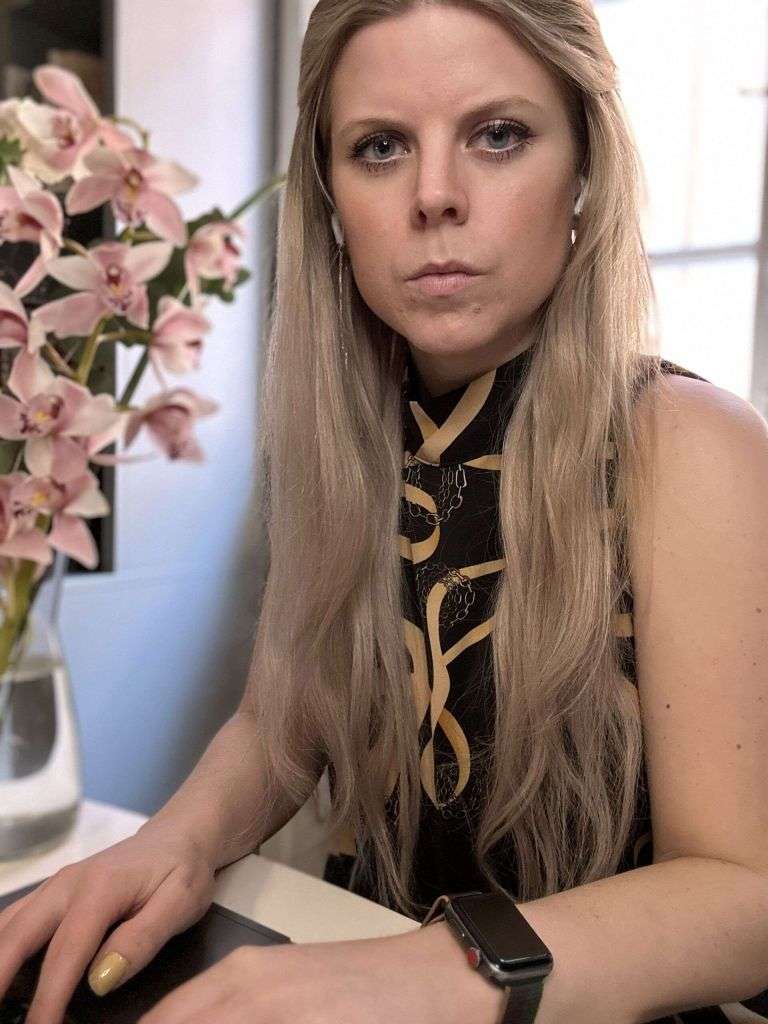Almost everyone I know say that they want to write a book at some point in their life. But almost no one writes a book, or even tries to. What is the appeal of writing? Why do we as humans love stories?
I have always loved writing. When I was young I wrote diaries and stories, which later evolved to short stories, blog posts and poetry. I also read a lot. During difficult times, especially during my teenage years, I often escaped into the world of books. And I think it was somewhere there, among the pages of books that the dream of one day writing a book was born.
“If you want to be a writer, there are two things you absolutely must do: read a lot and write a lot. There is no way to get past these two requirements that I know of, no shortcut.” Stephen King writes in his book On Writing (2001). I agree with him, if you want to write, you need to practice and consume large amounts of books.
There are different reasons why people want to write. Some write because they like storytelling, others to heal and get over difficult things. In the article Why We Feel Good When Writing, Linnea Molander writes “Writing can be used as a tool to overcome difficult memories and get through challenges as well as being a tool to get closer to goals, dreams and create well-being.” (Tidningen Skriva #5 2015.) According to the article, there is research that shows that focused writing has many positive effects.

Two years ago I read Julia Cameron’s book The Artist’s Way (2020). In the book she introduces morning pages. “Morning pages are handwritten pages that are supposed to be stream of consciousness writing. Morning pages are the primary tool of creative healing,”. One of the reasons why the simple exercise of writing every morning works so well is because it eventually kills the inner critic. It takes us to the other side of our fears, tempers and negative emotions. Also, if you write morning pages every day, like I do, you end up with a map of your emotions and your inner self. I think morning pages have been a form of healing writing for me.
Writing is also about storytelling for me. I love sitting down in front of a blank piece of paper and filling it with words. When I studied Professional Writing at the University of Gävle, I learned to write in several different genres. I know how to write fiction, reports, articles, essays and columns. Right now I mostly write fictional texts. I’m working on a book series in the magic realism genre that consists of five books. As a writer, I’m spontaneous, which means I don’t always know what the story will be about or which characters will be involved. Writing a series has forced me to develop my writing style, and I’m really trying to get better at planning my stories. But it’s difficult. And honestly, it’s very exciting to write when you don’t know where it’s going.
I think it’s important to understand the different rules that exist when writing. On the one hand, you need to understand what is expected of the kind of text you are writing and what writing rules apply. “Know why you are writing and what you want to achieve with your text. Adapt the text to the requirements and guidelines that exist for different genres, but also to the context and the reader.” Ola Karlsson write in Svenska skrivregler (2018).
I’ve always been good at writing journalistic texts with short straight sentences and lines of speech instead of quotation marks (Swedish grammar is different that English when it comes to dialoge), which suited my debut novel Flykten, where the main character is a 14-year-old Hazara boy.
When it comes to writing and language, there is always more for me to learn. Even though I have a bachelor’s degree in the Swedish language, I keep having to go back to my copy of the Swedish language rules because I forget what is actually correct. For example, when should you use periods in a list? One thing that I think attracts me to writing is that, no matter how much I write, study writing and learn about the craft, I will never be fully trained. As language evolves, as we as humans evolve, so does the art of storytelling.
Why are we writers, authors and poets so obsessed with writing? Is it the opportunity to express oneself, the chance to speak to the point without interruption? Or is it the opportunity to rewrite, refine and improve their expressions?
Something to mention when discussing writing is the flip side of creativity. Research by Simon Kyaga and his colleagues at Karolinska Institutet has confirmed the link between creativity and madness. In the book Ekvilibrium, he and Jonas Mattson describe the connection and why so many famous writers, actors and artists suffer from bipolarity, autism and ADHD.



“For a person to succeed in a creative field requires an inner equilibrium, an equilibrium where a touch of madness is matched by the ability to plan, analyze and execute.” Bäckström writes on Natur och Kultur’s website. And I agree. If you want to make a living as a writer, you should try to find an equilibrium where you don’t fall into madness. The link between madness and creativity is also probably one of the reasons why many writers have become alcoholics. And one should not think that the male genius who drinks and writes is something to be aspired to. “Hemingway and Fitzgerald didn’t drink because they were creative, alienated or morally weak. They drank because that’s what alcoholics do. Creative people are probably more likely to get caught up in alcohol or drug abuse than people in many other professions, but so what? We’re all pretty much the same when we’re in the gutter puking.” King writes in the book On Writing.
What attracts people to write varies, but the desire to share stories is common for most of us. I think anyone who wants to write needs to decide to actually give writing the time and space in their daily lives that it needs. If you want to write a book, you need to spend countless hours actually writing. Once you’ve finished the first draft, you have to edit the rewrite over and over again until it’s good enough. I think it’s the fear of failure combined with simply prioritizing other things that causes many people to not even try to write a book.



